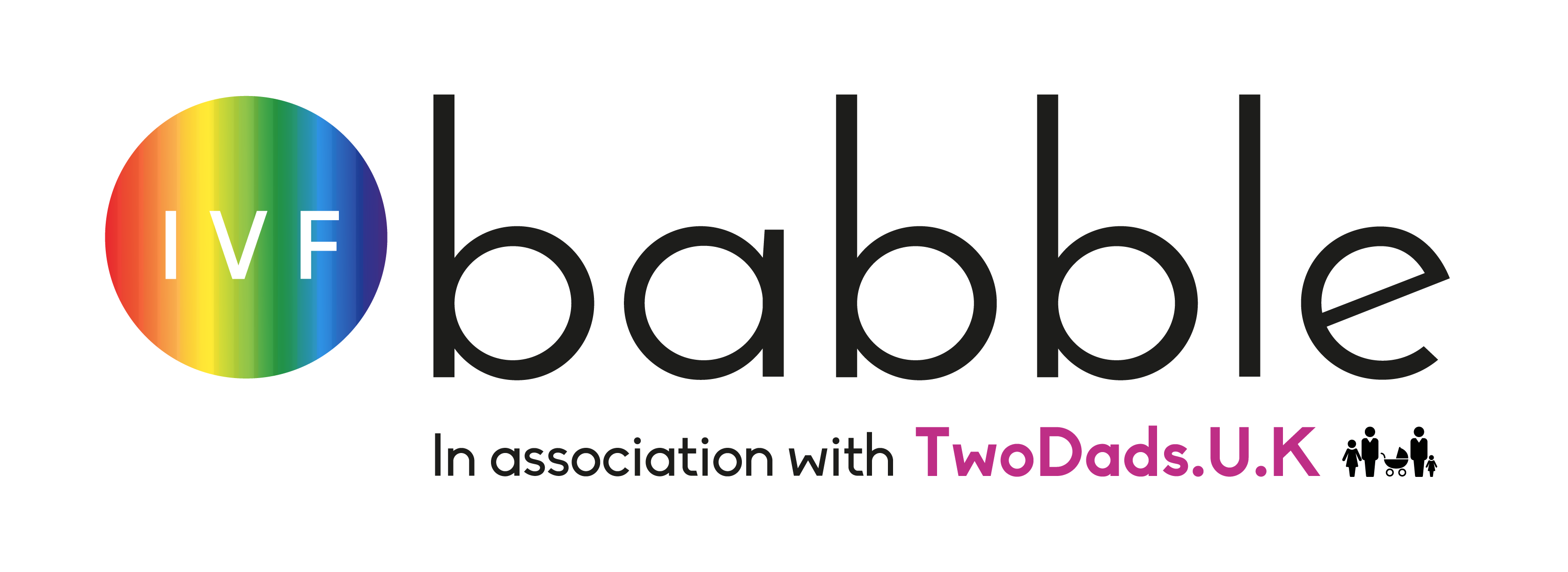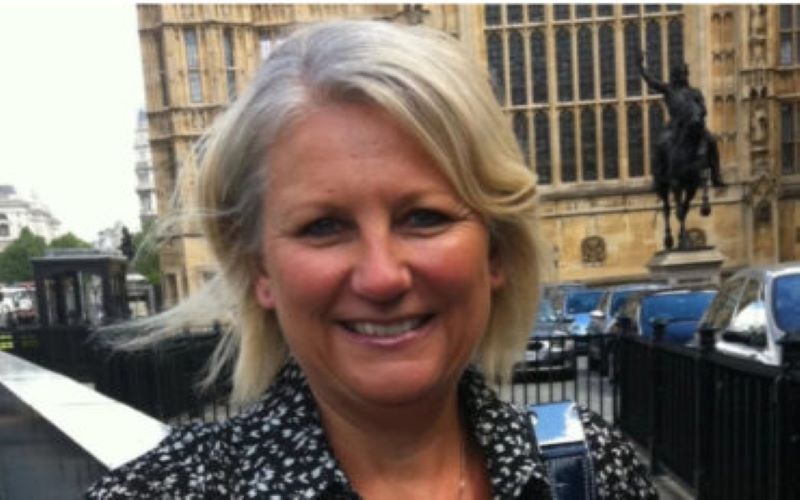Kim Cotton, the UK’s first surrogate mother, believes it is time to change the law when it comes to surrogacy
“Why is it that blood, organ and egg donors can advertise, but not potential surrogate mothers? she asks.
Kim, a mother-of-two, became a well-known figure in the public eye when in 1985 she was the UK’s first surrogate mother and gave birth to a baby girl, known as baby Cotton.
The 60-year-old never met the intended parents or the child due to an ironclad contract that made the process anonymous.
So how has she seen surrogacy change in those 30 years?
“In 1985 when baby Cotton was born it caused a huge furore in the press. The headlines were sensationalised and extremely negative,” she says. “Over the years public opinion has mellowed as infertility has become so widespread. Once IVF clinics started offering surrogacy as an alternative treatment to childlessness, when all avenues have been exhausted, it became a little more mainstream. Nowadays it is not such a taboo subject, as once the establishment gets involved the stigma evaporates.”
The UK government pushed through a surrogacy law when they got wind of what Kim was doing, effectively banning commercial surrogacy in the UK.
Kim founded Childlessness Overcome Through Surrogacy (COTS) in 1988, which was set up to help people navigate the surrogacy journey.
The agency has stringent guidelines everyone adheres to, hosts information sessions prior to people joining for both potential surrogates and for intended parents. The surrogate chooses which couple she wants to work with, then the couple send out details. If they accept each other, the agency puts them in touch to spend time getting to know one another. This can take a few months, allowing them to form a friendship and build a trusting relationship.
Once all parties have bonded, there will be an agreement session with a COTS mediator to ensure all issues that could hinder a successful journey are ironed out. It will cover expenses, treatment regime, contact during and after the birth, the birth plan, and finally handover.
Members are also guided through the legal process of obtaining a Parental Order to give them full rights to the child.
But COTS’ books are currently closed and have been for some time, despite a twofold increase in the demand for surrogate mothers. Kim puts this down to social media and many surrogates matching themselves independently.
“As it is against the law to advertise for a surrogate mother it makes it incredibly difficult to spread the word that there is a dire shortage,” she says. “We must rely on publicity and word of mouth.”
Are there areas of surrogacy that you feel need to be updated?
“The laws governing surrogacy were based on the knee jerk reaction six months after baby Cotton was born back in 1985,” she says. “They were rushed through parliament banning commercial. They made it illegal to pay a surrogate mother or to advertise for one. They have not been changed and are now totally antiquated.”
Kim believes bringing surrogacy into the public eye and educating people will help
“Social media has a lot to do with it, but so does lack of knowledge,” she says. “We need to educate people that they can help in this way. We have blood, organ and egg donors and they can advertise so why can’t we add the need for surrogate mums to this list? Some people still think the process illegal unfortunately.”
Kim has much praise for celebrities who are shining a light on surrogacy but fears it may also alienate UK couples as the cost is way beyond their reach.
“It’s great when famous people use surrogacy to have their children, it spreads the word,” she says. “Elton John and recently Kim Kardashian bring publicity that does help attract a few new surrogates. The problem lies that these people are extremely wealthy so use commercial agencies in the USA, which is obviously way beyond the reach of your average Brit. Especially when they have already spent thousands on failed IVF treatments.”
What about the LGBT community, are they being forced abroad due to the lack of UK surrogates?
“Every community seeks to look abroad at cheaper options when the UK agencies are all closed to new intended parents. But going abroad can be hazardous too. When it comes to returning to the UK with a baby born abroad, there are legal issues with immigration they have to face.”
How does the UK surrogacy laws need to change?
“The 1985 Surrogacy Act is out of date. We should be able to advertise for a surrogate mother and be able to openly pay for her time, as she will give up between 12 to 18 months of her life.
“Presently when a baby is born to a married surrogate, her and her spouse are registered on the birth certificate as the parents, even if it’s IVF host surrogacy where genetically the baby isn’t theirs. The birth mother is always seen as the mother in all cases. If she is unmarried then the intending father can be registered on the birth certificate.
“We would like to see the legal rights to the child issued before the baby is born with a Pre-Parental Order. This ensures the child is not left in a legal limbo for a long period of time. They can make medical decisions without asking for the birth mother’s permission if required.”
So what it is like to do such a wonderful thing for a couple?
“The wonderful thing about surrogacy is the feel-good factor. To be able to change an infertile couple’s life by giving them the gift of a child of their own to love is indescribable. You feel that you have achieved something very special and the feeling just goes on and on its not momentary. You witness the joy at all stages, when the pregnancy is confirmed, scan sessions, first kicks, and finally the birth. The magic when they hold their baby for the very first time and all the milestones that follow. There is no feeling quite like it, that’s probably why it’s so addictive.”
What message would you give to anyone just starting out on their surrogacy journey, whether it is IPs or surrogates?
“Go for it – follow the guidelines – it’s life changing. Treat your surrogate with respect and for surrogates share as much of the experience of pregnancy as you possibly can with your intending mum, so she can feel a part of it. Imagine yourself in the other’s shoes and treat them as you would like to be treated. It is not a business arrangement; at the heart of it all is an innocent child who one day will need to know their origins. After all, creating life is a miracle – it just so happens sometimes it takes three.”
The Law Commission is currently looking at a possible review of surrogacy regulation over the next three years.
We are excited to announce that Kim Cotton has joined IVF babble as our resident surrogacy expert. If you have any questions or would like advice on surrogacy or interested in being a surrogate, get in touch here








